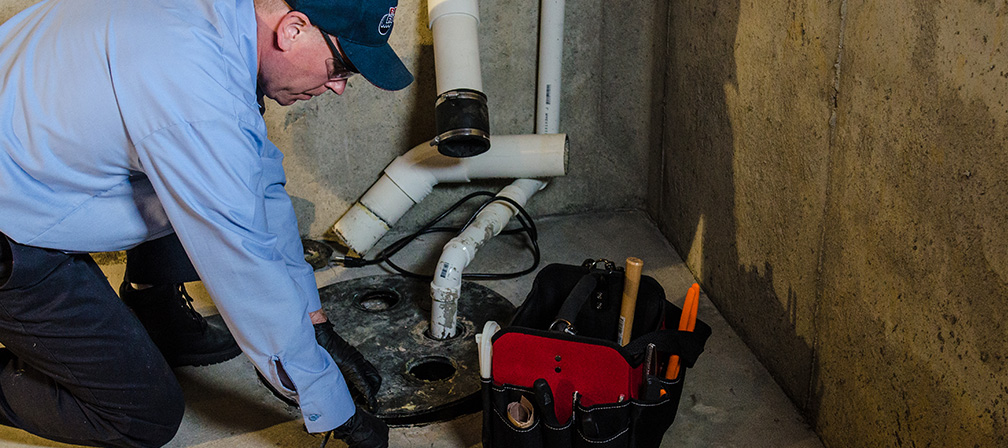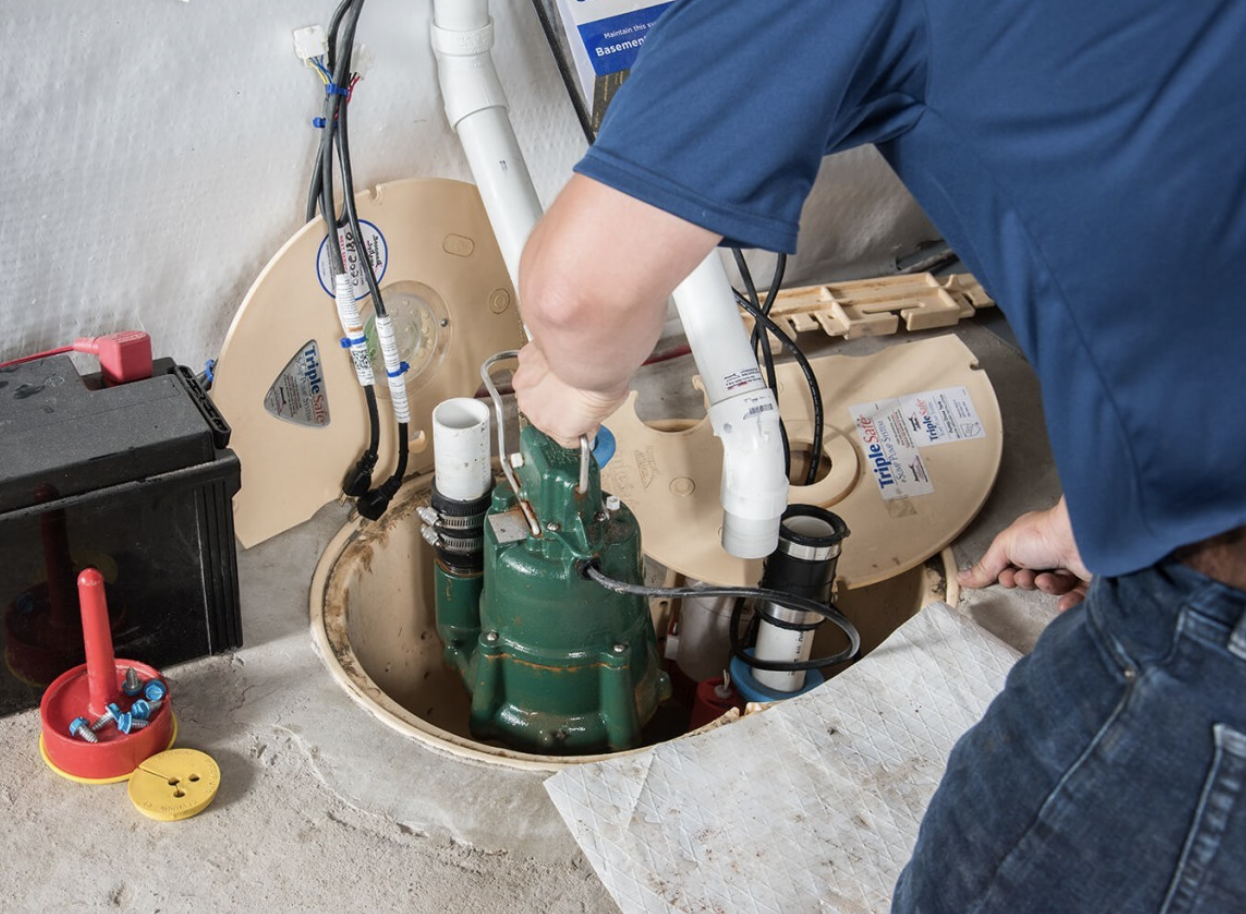Premium Water Softeners: Transforming Tough Water into Soft, Lavish Comfort
Wiki Article
Understanding the Trick Parts of Effective Water Purification Equipments

Relevance of Water Filtering Solution
Water filtering systems play a vital function in guaranteeing access to safe and tidy drinking water by efficiently removing pollutants and impurities. These systems are necessary in attending to the growing concerns over water top quality and the potential health threats related to eating polluted water. By making use of different filtering mechanisms such as reverse osmosis, triggered carbon, and UV sanitation, water purification systems can effectively get rid of damaging substances like microorganisms, viruses, heavy steels, and chemicals from the water.In addition, water filtering systems aid to enhance the taste and smell of water by removing chlorine, sediments, and various other contaminants that can influence its high quality. Well Pump Replacement. This improvement in water quality not just makes it much more tasty but likewise motivates people to consume a sufficient amount of water daily, promoting better hydration and general wellness
Sorts Of Purification Components

Physical filters are made to physically strain out contaminations from the water. These filters can be constructed from materials like ceramic, carbon, and even sand, and they function by trapping particles bigger than the filter's pores as water passes via.
Chemical filters make use of various chemical procedures to eliminate contaminants from the water. Instances include triggered carbon filters, which adsorb impurities, and reverse osmosis membrane layers, which utilize stress to different impurities from the water.
Organic filters make use of living microorganisms like algae or microorganisms to break down organic matter and contaminants in the water. These filters are typically used in wastewater therapy plants or all-natural water filtration systems.
Comprehending the various kinds of filtering parts is crucial for picking one of the most appropriate water filtering system for details filtration needs.
Function of Debris Filters
Debris filters play an important duty in water purification systems by properly recording strong bits suspended in the water. These filters are generally the initial line of protection in a filtering system, removing bigger bits such as sand, silt, dirt, and corrosion prior to the water moves through finer purification phases. By trapping these sediments, the filters avoid them from reaching downstream parts, thus prolonging the life expectancy and performance of the entire system.Ignoring this maintenance can lead to clogging, minimized water circulation, and endangered filtration effectiveness. In general, sediment filters are important parts that add substantially to the performance of water filtering systems.
Duty of Turned On Carbon Filters
Playing a vital role in water filtering systems, turned on carbon filters are critical in removing contaminations and impurities from the water supply. As water passes with the filter, the turned on carbon holds and brings in onto the pollutants, ensuring that the water that comes out on the other side is cleaner and much safer for intake.Turned on carbon filters are highly effective at boosting the preference and odor of water by lowering chemicals that can impact its top quality. Due to their flexibility and reliability, turned on carbon filters are an essential part in making certain that water is detoxified to the highest possible standards prior to reaching customers.
Understanding Reverse Osmosis Systems
Reverse osmosis systems are innovative water filtering systems that employ an innovative process to eliminate contaminants and contaminations from alcohol consumption water. These systems function by applying stress to the water, requiring it with a semi-permeable membrane. This membrane layer serves as a barrier, enabling only distilled water molecules to travel through, while obstructing larger particles such as minerals, chemicals, and various other contaminations. Consequently, the water that appears beyond is substantially cleaner and safer for consumption.One secret advantage of reverse osmosis systems is their capacity to remove a wide variety of impurities, consisting of hefty steels, liquified germs, solids, and infections. This makes them very reliable in enhancing the overall high quality and safety and security visit our website of drinking water. Additionally, reverse osmosis systems are relatively low-maintenance and can be set up under the sink or in a main filtering system, giving practical access to clean water throughout the household. Overall, recognizing exactly how reverse osmosis systems function can aid people make notified choices regarding their water filtration requirements.
Verdict
Finally, effective water filtration systems are crucial for ensuring secure click here for more info and clean drinking water. The key parts of these systems include debris filters, turned on carbon filters, and reverse osmosis systems. By understanding the feature and function of each component, people can make educated choices when choosing a water filtration system. It is very important to focus on the quality of water in order to advertise overall wellness and wellness.Water purification systems play a vital function in ensuring accessibility to secure and clean alcohol consumption water by effectively eliminating contaminants and pollutants. By making use of various filtering devices such as reverse osmosis, activated carbon, and UV sterilization, water purification systems can efficiently eliminate dangerous substances like germs, infections, hefty steels, and chemicals from the water supply.
Sediment filters play a vital function in water purification systems by effectively catching solid fragments put on hold in the water (Water Treatment).Playing a crucial role in water filtering systems, triggered carbon filters are critical in getting rid of contaminations and contaminants from the water supply.Reverse osmosis systems are advanced water filtration systems that website here utilize an advanced procedure to get rid of impurities and contaminations from alcohol consumption water
Report this wiki page